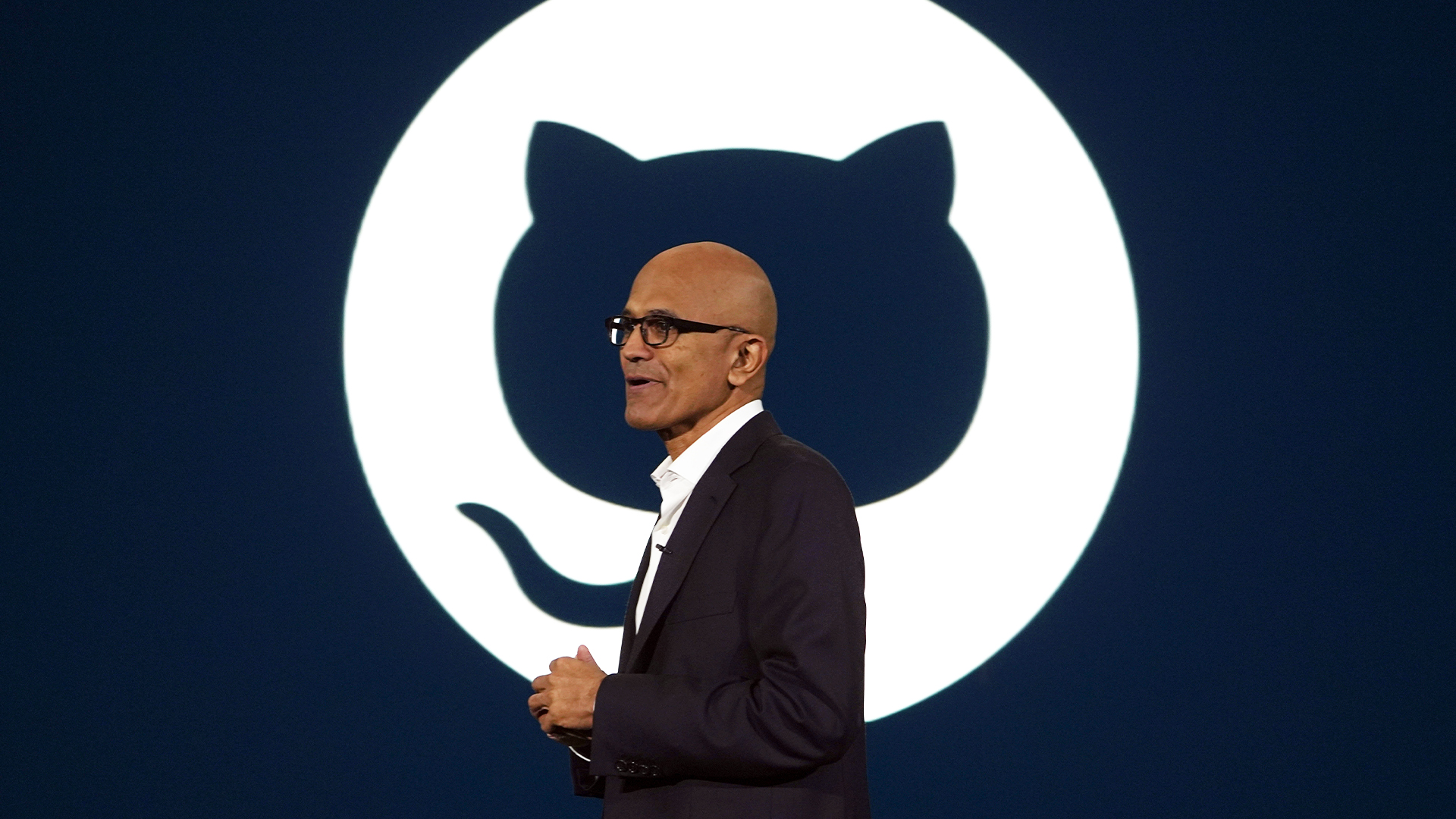GitHub shifts to fully remote working model
The company looks to implement significant cost-cutting measures, which include the termination of 300 jobs


GitHub has announced it plans to lay off 10% of its workforce and shift to a fully-remote work policy as the company looks to cut costs.
The round of layoffs will see around 300 jobs cut from its 3,000-strong workforce as the US-headquartered firm looks to weather growing economic disruption.
In an email circulated to staff, GitHub CEO Thomas Dohmke said it will also continue its hiring freeze, first implemented in January, as a means to “protect the short-term health” of the business.
“Today, we are announcing a number of difficult decisions, including saying goodbye to some Hubbers and enacting new budgetary realignments, designed to protect the short-term health of our business while also granting us the capacity to invest in our long-term strategy,” he said.
“Although our entire leadership team has carefully deliberated this step and come to agreement, ultimately, as CEO the decision is mine. I recognise this will be difficult on you all, and we will approach this period with the utmost respect for every Hubber.”
Fully-remote workforce shift
A key focus in GitHub’s cost-cutting measures will include a complete shift to a fully-remote working policy moving forward.
Dohmke said the company will close all of its offices when it reaches the end of its lease, or at a time when the company is operationally capable of vacating sites.
Sign up today and you will receive a free copy of our Future Focus 2025 report - the leading guidance on AI, cybersecurity and other IT challenges as per 700+ senior executives
Exact details on the timeline for this fully-remote transition will be shared with staff “as they are finalised”, Dohmke added.
“We have been working to improve our operational efficiency and scale as a business,” he told staff. “One of our decisions is to move toward a fully-remote GitHub. We are seeing very low utilisation rates in our offices around the world, and this decision is a testament to the success of our long-standing remote-first culture.”
“We are not vacating offices immediately, but will move to close all of our offices as their leases end or as we are operationally able to do so.”
Dohmke said that GitHub plans to implement further cost reductions in the coming months, and revealed that two initial decisions will see the firm move laptop refreshes from three years to four years.
Similarly, the company plans to move to Microsoft Teams for video conferencing purposes, which Dohmke revealed will save “significant cost” and help simplify “cross-company and customer conversations”.
This move is expected to be completed by September this year.
Tech layoffs cutting deep
GitHub is the latest in a long string of tech companies to announce layoffs since the beginning of the year as economic disruption wreaks havoc on the global industry.
RELATED RESOURCE

Employees are choosing how they work
And with the right secure digital strategy, this could be a great thing for your business: today and far into the future
Microsoft, Salesforce, Amazon, Google, IBM, and Intel have all confirmed widespread cost-cutting measures and layoffs to combat slowing consumer and business demand, and weather the current economic malaise.
Earlier this week, Dell Technologies announced more than 6,600 jobs will be cut, citing slowing demand in the global PC shipment market.
GitHub’s cuts also coincide with an announcement from Yahoo that it plans to eliminate around 1,000 jobs, equivalent to 12% of its workforce, amid plans to restructure its advertising tech division.

Ross Kelly is ITPro's News & Analysis Editor, responsible for leading the brand's news output and in-depth reporting on the latest stories from across the business technology landscape. Ross was previously a Staff Writer, during which time he developed a keen interest in cyber security, business leadership, and emerging technologies.
He graduated from Edinburgh Napier University in 2016 with a BA (Hons) in Journalism, and joined ITPro in 2022 after four years working in technology conference research.
For news pitches, you can contact Ross at ross.kelly@futurenet.com, or on Twitter and LinkedIn.
-
 What is Microsoft Maia?
What is Microsoft Maia?Explainer Microsoft's in-house chip is planned to a core aspect of Microsoft Copilot and future Azure AI offerings
-
 If Satya Nadella wants us to take AI seriously, let’s forget about mass adoption and start with a return on investment for those already using it
If Satya Nadella wants us to take AI seriously, let’s forget about mass adoption and start with a return on investment for those already using itOpinion If Satya Nadella wants us to take AI seriously, let's start with ROI for businesses
-
 Microsoft is shaking up GitHub in preparation for a battle with AI coding rivals
Microsoft is shaking up GitHub in preparation for a battle with AI coding rivalsNews The tech giant is bracing itself for a looming battle in the AI coding space
-
 GitHub is scrapping some Claude, OpenAI, and Gemini models in Copilot – here's what you need to know and what alternatives are available
GitHub is scrapping some Claude, OpenAI, and Gemini models in Copilot – here's what you need to know and what alternatives are availableNews GitHub Copilot users are urged to switch to the newer models following the retirement cut-off
-
 UK government programmers trialed AI coding assistants from Microsoft, GitHub, and Google – here's what they found
UK government programmers trialed AI coding assistants from Microsoft, GitHub, and Google – here's what they foundNews Developers participating in a trial of AI coding tools from Google, Microsoft, and GitHub reported big time savings, with 58% saying they now couldn't work without them.
-
 GitHub just launched a new 'mission control center' for developers to delegate tasks to AI coding agents
GitHub just launched a new 'mission control center' for developers to delegate tasks to AI coding agentsNews The new pop-up tool from GitHub means developers need not "break their flow" to hand tasks to AI agents
-
 What Thomas Dohmke’s departure means for GitHub
What Thomas Dohmke’s departure means for GitHubNews Thomas Dohmke won't be replaced as CEO at GitHub, with remaining company execs reporting directly to Microsoft's CoreAI division.
-
 GitHub CEO Thomas Dohmke thinks there’s still a place for junior developers in the age of AI
GitHub CEO Thomas Dohmke thinks there’s still a place for junior developers in the age of AINews GitHub CEO Thomas Dohmke believes junior developers still play a crucial role in the hierarchy of software development teams, and AI won't change that any time soon.
-
 ‘Made the Pro plan worse’: GitHub just announced new pricing changes for its Copilot service – and developers aren’t happy
‘Made the Pro plan worse’: GitHub just announced new pricing changes for its Copilot service – and developers aren’t happyNews GitHub has announced new pricing changes for its AI Copilot service in a move that's sparked backlash among developers.
-
 GitHub just unveiled a new AI coding agent for Copilot – and it’s available now
GitHub just unveiled a new AI coding agent for Copilot – and it’s available nowNews GitHub has unveiled the launch of a new AI coding agent for its Copilot service.